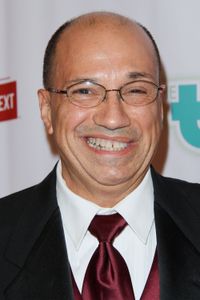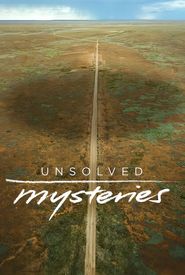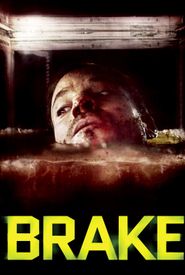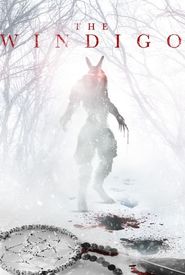Person Biography:
Gabe Torres was born and raised in Aurora, New York, a small village on Cayuga Lake, one of the Finger Lakes in upstate New York. From a young age, he was fascinated by filmmaking and began making his own Super 8 films at the age of twelve. His early inspirations were visual effects-driven disaster movies and horror films, which influenced his high school films that often featured epic floods, fires, and monster attacks.
After graduating from high school, Torres was accepted to the prestigious USC Film School in Los Angeles, where he honed his craft and met many influential filmmakers, including Orson Welles, Sam Peckinpah, and Steven Spielberg. His time at USC was a pivotal moment in his career, as he formed lifelong friendships with fellow filmmakers and developed his skills as a writer and director.
Upon graduating from USC, Torres wrote and directed the children's adventure film "Legend of Firefly Marsh" (1987),which premiered on the Disney Channel and established his career as a writer and director. He went on to write for network television, but eventually turned his focus to indie films, directing the powerful WWII drama "December" (1991) and the dark character study "Bartender" (1997).
In addition to his work in film, Torres has also had a successful career in television, directing reenactments for shows such as "Arrest & Trial" (2000) and "Unsolved Mysteries" (1987). He has directed hundreds of stylish reenactments over the years, shooting on location in Eastern Europe, North Africa, and South America.
Throughout his career, Torres has been committed to his craft, always striving to push himself creatively and take on new challenges. His films and television shows have been widely praised for their unique storytelling and cinematic style, and he continues to be a respected figure in the film and television industry.



















